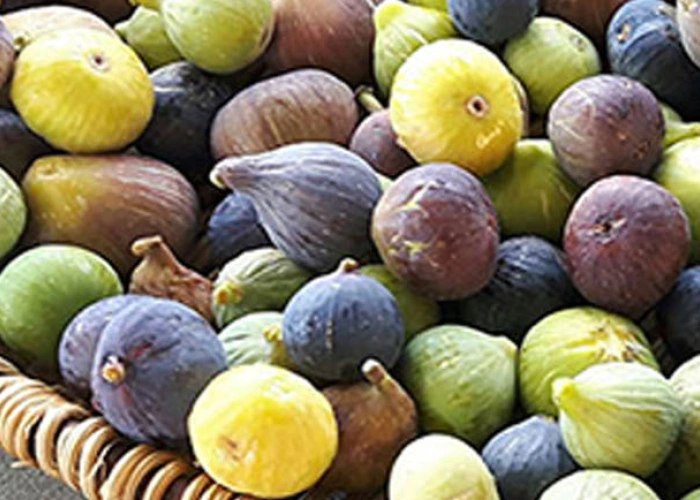FIGGEN

Adapted from the project website
Context
Climate change is dramatically impacting the Mediterranean region and solutions are needed to adapt agricultural farming systems practices to rising temperatures, drought and soil salinity. The adoption of mixed cropping systems as agroforestry can counteract loss of agro-biodiversity and the reduction of soil fertility.
The fig tree (Ficus carica L.) has a great potential for expansion thanks to valuable nutritional and nutraceutical characteristics, combined with the ability to adapt to dry, calcareous and saline environments, making this species extremely interesting for sustainable commercial production in the Mediterranean region, also in relation to climate change.
Objectives
This project aims to evaluate performances and genetic variability of fig varieties integrating new knowledge and technologies in assessing biodiversity with knowledge coming from local farmers and stakeholders. This will be obtained: a) exploring, valorising and evaluating genetic variability of fig genotypes on available Spanish, Tunisian and Turkish fig collections using a genotyping by sequencing approach; b) phenotyping fig genotypes to identify plants with traits wanted by stakeholders and most suitable to be cultivated in drought/salt conditions; c) identifying genomic loci linked to yield and drought/salt adaptation performing Genome Wide Association Study (GWAS) d) disseminating project’s products and results to stakeholders to maximize project impact.
Selected genotypes will be the best adapted to environmental conditions coming from climate changes and will be introduced within traditional agricultural systems to obtain mixing cropping systems as agroforestry.